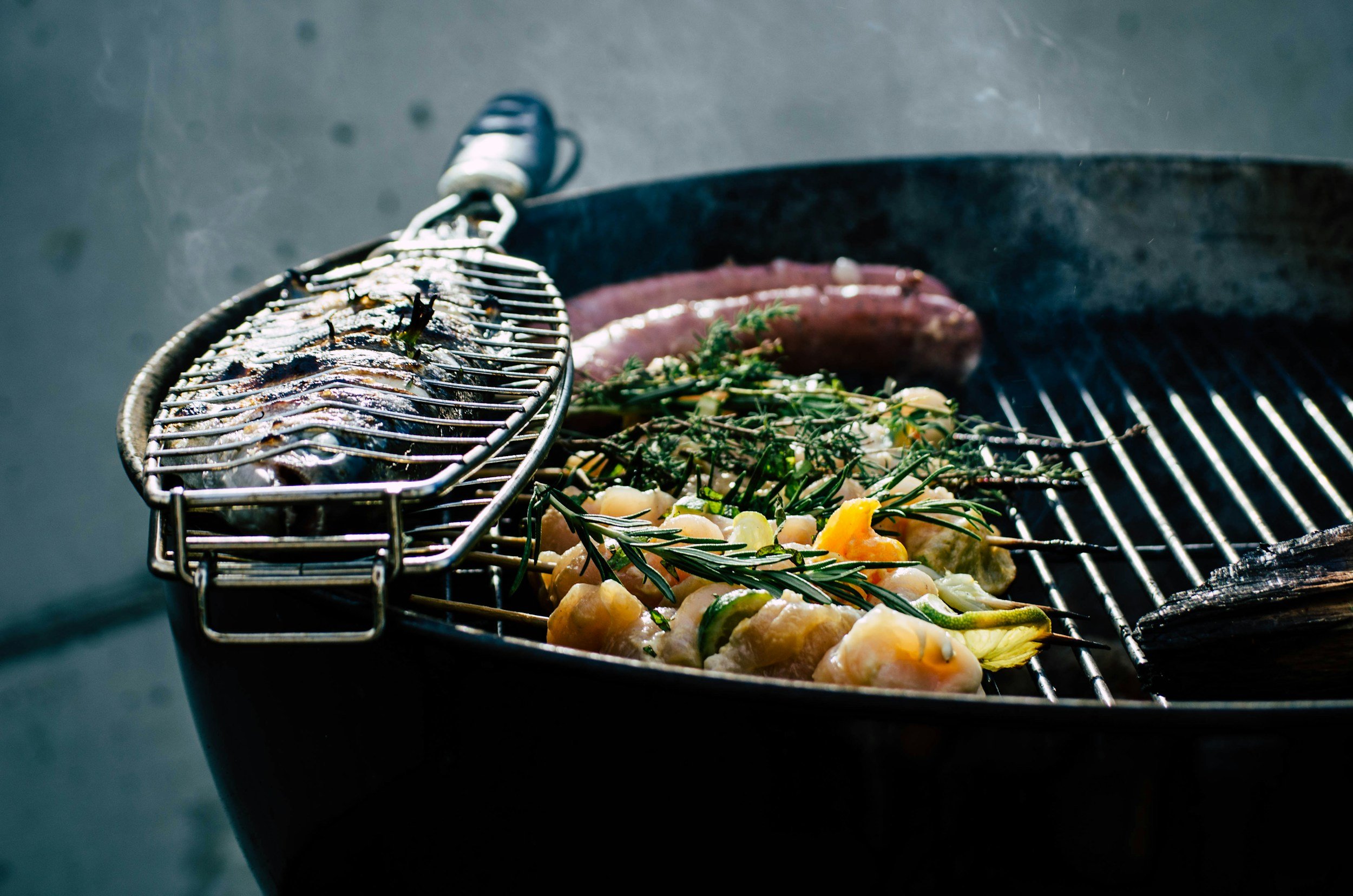Seasonal Fly Fishing Tips
Fly fishing isn't merely a pastime; it's a year-round passion that evolves with the changing seasons. Each period presents unique challenges and opportunities, demanding adaptability and a deep understanding of aquatic ecosystems. This comprehensive guide delves into seasonal fly fishing tips, ensuring you're well-prepared to make the most of every cast, regardless of the time of year.
Introduction
Imagine standing knee-deep in a river, the morning mist rising as the first light of day dances on the water's surface. Your fly rod is an extension of your arm, poised to deliver the perfect cast. This idyllic scene isn't reserved for a particular season; with the right knowledge and preparation, exceptional fly fishing experiences await year-round.
Spring Fly Fishing
As winter's grip loosens, spring ushers in a period of rejuvenation. Water temperatures rise, prompting increased activity among aquatic insects and the fish that feed on them.
Target Species: Trout, particularly rainbow and cutthroat, become more active.
Effective Techniques:
Nymphing: With insects in their nymphal stages, using nymph patterns proves effective.
Emergers: As hatches begin, emerger patterns can entice feeding fish.
Prime Times: Late morning to early afternoon, when water temperatures are optimal.
Summer Fly Fishing
Summer offers abundant opportunities, with longer days and prolific insect hatches. However, warmer temperatures can also present challenges.
Target Species: Trout, bass, and panfish are highly active.
Effective Techniques:
Dry Flies: Match the prevalent hatches for surface action.
Terrestrials: Grasshoppers, ants, and beetles become significant food sources.
Early and Late Fishing: Focus on dawn and dusk when temperatures are cooler.
Considerations: Be mindful of water temperatures; fish early or late in the day to avoid stressing fish in warmer waters.
Fall Fly Fishing
Autumn brings cooler temperatures and a shift in fish behavior as they prepare for winter.
Target Species: Brown trout become more aggressive pre-spawn; steelhead and salmon runs occur in certain regions.
Effective Techniques:
Streamers: Imitate baitfish to provoke strikes from aggressive fish.
Nymphs: Continue to be effective as insect activity persists.
Highlights: Fall colors enhance the fishing experience, and reduced angling pressure can lead to more solitude on the water.
Winter Fly Fishing
Winter fly fishing tests an angler's patience and skill, but it can be rewarding with the right approach.
Target Species: Trout and steelhead are primary targets.
Effective Techniques:
Midges: Often the most active insects; small midge patterns are essential.
Slow Presentations: Fish are lethargic; slow down your retrieve.
Safety and Comfort:
Dress in Layers: Utilize a moisture-wicking base layer, insulating mid-layer, and waterproof outer layer.
Fish with a Buddy: Enhances safety in challenging conditions.
FAQs
Can I fly fish year-round?
Yes, with appropriate gear and techniques, fly fishing can be enjoyed in all seasons.
How do insect hatches affect fly selection?
Matching your fly patterns to the current hatches increases success, as fish feed on prevalent insects.
What are essential flies for each season?
Spring: Nymphs and emergers.
Summer: Dry flies and terrestrials.
Fall: Streamers and nymphs.
Winter: Midges and small nymphs.
How does water temperature influence fish behavior?
Fish metabolism and activity levels are temperature-dependent; understanding this helps in planning fishing times and techniques.
What safety precautions should I take in winter?
Dress appropriately in layers, fish with a companion, and be cautious of icy conditions.
Are there specific gear considerations for different seasons?
Yes, adjusting your gear, such as using lighter tippets in winter or carrying insect repellent in summer, can enhance your experience.
Conclusion
Embracing the nuances of each season enriches your fly fishing journey. By adapting to environmental changes and understanding fish behavior, you can enjoy successful outings throughout the year. Remember, preparation and knowledge are as crucial as the perfect cast.
// Related Posts About Fly Fishing












